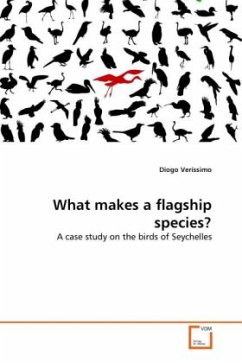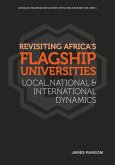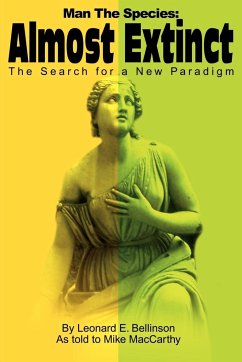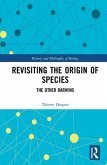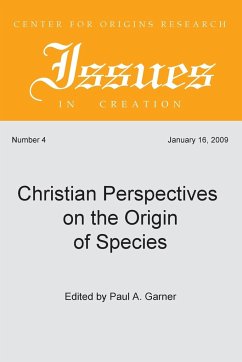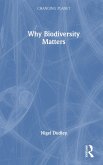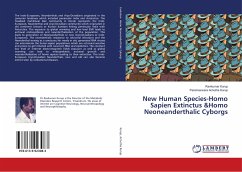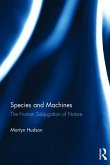Species selected as flagships to promote conservation activities around the world are typically well known and charismatic mega-fauna. Unfortunately this limits the scope for applying the concept as some critical areas for biodiversity conservation, such as tropical islands, lack such species. In this study, we explore the potential to apply the concept of tourism flagship species' to tropical island birds of the Seychelles, an archipelago of considerable importance for conservation that is highly dependent on international tourism. In particular we wish to identify which species attributes are most influential with regard to their potential for fundraising among international tourists. Using a choice experiment approach we found that conservation attributes and physical appearance of the bird species are both important in terms of raising funds for conservation. Nevertheless, conservation attributes ranked higher in the respondents preferences. Our results suggest that there is considerable potential for a variety of species to effectively act as flagships in developing nations that are dependent on international tourism and rich in biodiversity but lack charismatic fauna.

